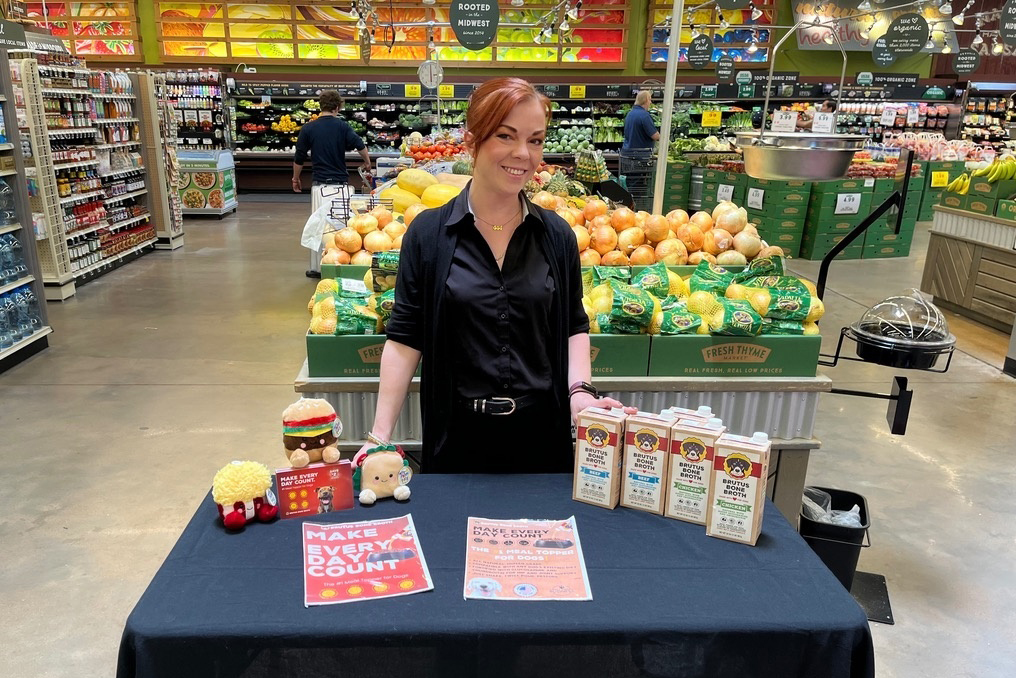Ask these key questions before you select an agency to represent your brand to consumers.
While executing an experiential activation program can certainly bring value to your brand, it can also quickly take a large chunk out of your marketing budget. Properly vetting potential agencies is crucial to ensuring a successful program that produces both short-term and long-term sales results.
1. What brands have you worked with? The companies and brands that an agency has worked with speaks volumes about their ability to execute for their clients. Agencies should be able to provide references and testimonials from at least three to four of their top client partners to verify the length of the programs that the agency has run as well as the size and volume of activations within those programs.
2. What markets do you serve? Most promotional staffing agencies offer either local, regional or national staffing services. Before you sign on with an agency, find out what specific markets they specialize in covering. As your brand grows, be prepared to find a new or additional agency if your brand can’t cover any new markets that you enter.
3. What insurance do you have? Agencies should be able to provide you with a Certificate of Insurance (COI) that shows what coverages they have. Your prospective agency should have general liability, worker’s compensation, automobile (for brand ambassador staff traveling to and from shifts) along with liquor liability insurance if your agency will be performing alcoholic beverage tastings. If your agency doesn’t have sufficient coverage and is unable to pay a judgment, then the aggrieved party may come after your company for damages if an incident occurs.
4. What training options do you provide? Training options are in high demand by brands that are presenting their products and services to end users, whether they be public consumers or business-to-business clients. While training should provide enough data to answer the most common questions, the brand ambassadors shouldn’t be expected to answer every potential question about the brand. Your agency should offer a variety of training options and materials for their clients, including PDF sales sheet distribution, conference calls, video conferences, on-site training and video options.
5. How do you handle product and supply distribution? One of the most challenging and time-consuming aspects of any promotional program is moving your supplies from point A to point B, with point B being the location of the promotional activation. Movement logistics are often made difficult by factors such as bad communication, multiple clothing size requirements for branded attire and open container laws for alcoholic beverages. Your promotional staffing agency should be able to assist with supply storage and distribution, such as receiving bulk supplies and then distributing to their brand ambassador team either by mail or drop-off at the account or venue.
6. What are your rates? The per-hour or per-event cost is the most important question that is asked during any sales presentation by a prospective agency. You should certainly shop around to find the most competitive rate, although bear in mind that the less you pay an agency, the less they can afford to spend on top quality talent, some of which may require a rate of $35 to $45 per hour just for their time. Additionally, many agencies may try to out-bid their competition to win business. As a general guide, an agency’s rate should be around double what they pay the brand ambassador, not counting any type of expense reimbursement. The markup over the brand ambassador’s rate may seem high, but the agency’s cut of their rate after paying the brand ambassadors includes all of the perks that will cost you more time and money, such as recruitment, interviewing, hiring, paperwork, training and supply distribution not to mention the agency’s insurance and other expenses.
7. How are emergencies handled? The last thing you want to receive is a call directly from an account or venue that something went wrong at your promotional event and that your agency is not only in the dark, but also didn’t take any action themselves to remedy the issue. Make sure that your agency has policies for handling incidents as soon as they arise, such as field managers that are available 24/7 to coordinate with the on-site brand ambassador team members.
8. What recap options are available? More often lately, companies are expecting agencies to provide quantifiable metrics that can be used to determine how successful their program is relative to their costs, goals and KPIs. Your agency should be able to provide you with the requested data formatted in a manner of their choosing, whether that’s a Google Sheets download from a Google Form or a recap service such as PINATA.
9. How many brand ambassadors are in your database? In the world of promotional staffing, quality is always more important than quantity; however, the more brand ambassadors an agency has, the more likely they are to be able to not only fill your shifts but also cover last-minute staff replacement. On average, a local or regional agency should have at least a few hundred vetted and experienced staff members in their proprietary database (not a generic public staffing portal) and a few thousand if they are a national agency.
10. How do you handle expense reimbursement? Expense reimbursement can often be overlooked during contract negotiation with an agency, resulting in a much higher than anticipated invoice after the first promotional events are completed. Be sure to outline all anticipated expenses, from tasting cups to product reimbursement, in the agency contract and whether you or the agency will pay for each.

